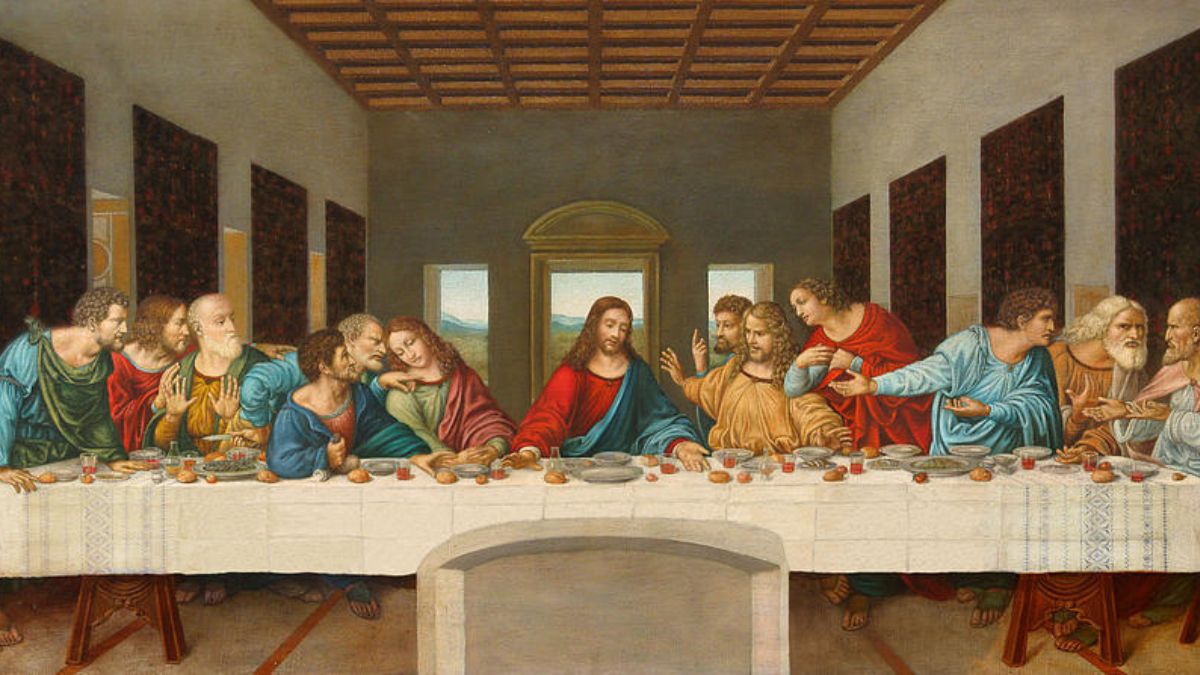

BreakPoint
National Insecurity
What would you think if you called a baby sitter for your kids, and when you opened the front door that night he turned out to be a teenage boy . . . sucking a pacifier. Well, that's exactly what happened to a startled New York father not long ago. You might be a lot less startled if you knew that pacifiers have become the latest fad among teens and young adults. In nightclubs across the country, 20-year-olds suck on pacifiers and lollipops. They wear Dr. Seuss hats and Donald Duck backpacks, while dancing with teddy bears and stuffed Big Bird dolls. Regression: it's the latest rage, says the Washington Post. Newsweek calls it "the New Infantilization." Even baby bottles are becoming a fad item. Has the world gone mad? No, says self-help guru John Bradshaw. It's all part of the recovery movement, part of searching for the inner child. Recovery leaders tell us that beneath the layers of our adult experience, at the core of our psyches, is the child we once were?in fact, the ideal child. Recovery is about getting in touch with that inner child and nurturing it. People "in recovery" come to group meetings clutching teddy bears and baby dolls. From the religious fervor that permeates some recovery books, you might think they were bringing a message of salvation for today's dysfunctional world. Gloria Steinem, in her book Revolution from Within, promises that "there is always one true inner voice," the voice of the "untamed and spontaneous child." Where have we heard that before? From Rousseau, of course. Back in the nineteenth century, Jean Jacques Rousseau first preached the gospel of the untamed child. What is the source of evil in the world? Rousseau asked. And he answered: Civilization. Society. The traditions, customs, and rules that cut us off from our natural goodness. And where do we see humanity in its natural state? Rousseau asked. Mostly in the child, who is not yet trained into adult hang-ups and inhibitions. In Rousseau's romantic philosophy, the child became a symbol of natural goodness. This is the romanticism that shaped the counter-culture of the sixties: Remember the flower children. And today it's shaping the recovery movement of the nineties, with its pacifiers and teddy bears. But anyone who has actually raised a child knows that the romantic portrayal of childhood is a sham. Without adult guidance, what comes naturally isn't all love and sweetness, it's also selfishness and greed. Read the classic novel Lord of the Flies by William Golding for a terrifyingly realistic portrayal of children left to their own devices. This is the same realism we find in Christianity. The Bible teaches that there is no time in our lives when we are pure and without sin. There is no time when we can save ourselves. It is God who must save us. There may be some good aspects to the recovery movement, and Christians who suffer from childhood traumas may benefit from some of its techniques. But we must be careful to separate out the wheat from the chaff, the genuine therapy from the utopian philosophy. Infantilism may be chic, but we need to realize that our trust belongs in God, not in our teddy bear.
02/4/94















